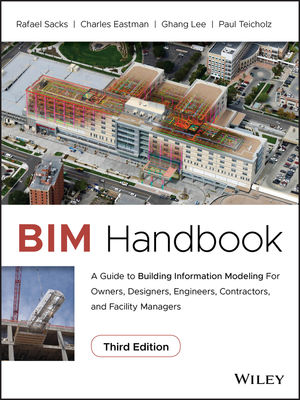The DOE announced that it is proposing to raise the minimum energy efficiency standards for furnaces and boilers. Relative to the current standards, the proposed standards represent an improvement in energy efficiency of 2% to 7% for most products.
For example, natural gas furnaces will have to meet an annual fuel utilization efficiency (AFUE) of 80%, as opposed to the old standard of 78%. AFUE is a measure of heating efficiency on an annual basis, defined as the heat delivered to the conditioned space over the course of a year divided by the fuel energy consumed. The standard also sets the minimum AFUE for oil-fired furnaces, mobile home gas furnaces, and gas- and oil-fired boilers. The proposed efficiency standard would apply to all covered furnaces and boilers offered for sale in the U.S., effective January 1, 2015.
The DOE has determined the proposed standard represents the maximum improvement in energy efficiency that is technologically feasible and economically justified. Analyses indicate that the proposed standards would save an estimated 0.41 quadrillion Btu, or quads, of cumulative energy over 24 years (2015 to 2038). For comparison, U.S. homes consume about six quads annually for space heating. U.S. consumers are also expected to save money over the expected life of the furnaces and boilers.
The DOE held a public meeting on the proposed standards on October 30 in Washington, and will accept comments, data, and other information regarding the notice of proposed rulemaking until January 15, 2007.
Get our new eMagazine delivered to your inbox every month.
Stay in the know on the latest HVACR engineering trends.
SUBSCRIBE TODAY!Copyright ©2024. All Rights Reserved BNP Media.
Design, CMS, Hosting & Web Development :: ePublishing



